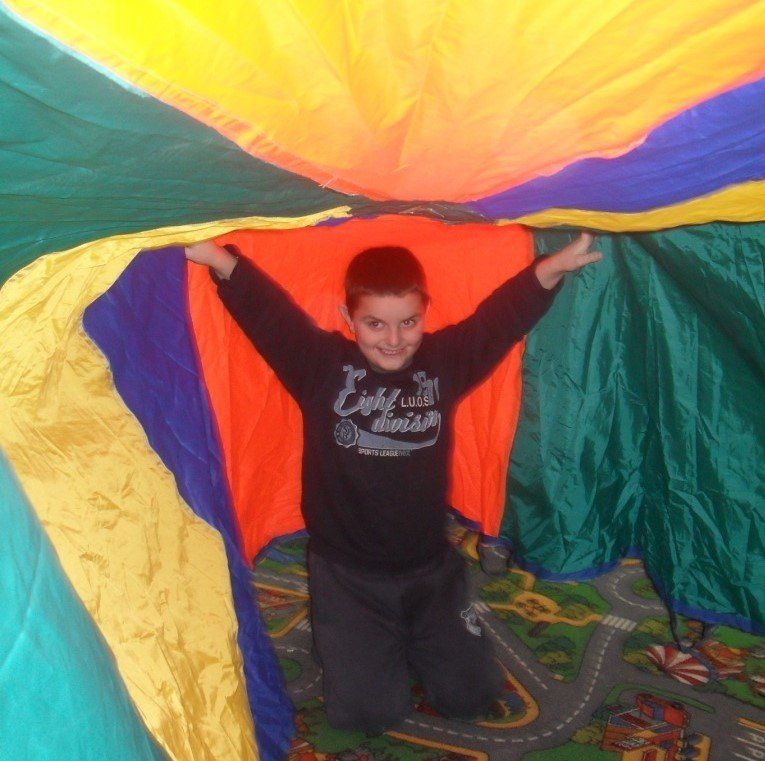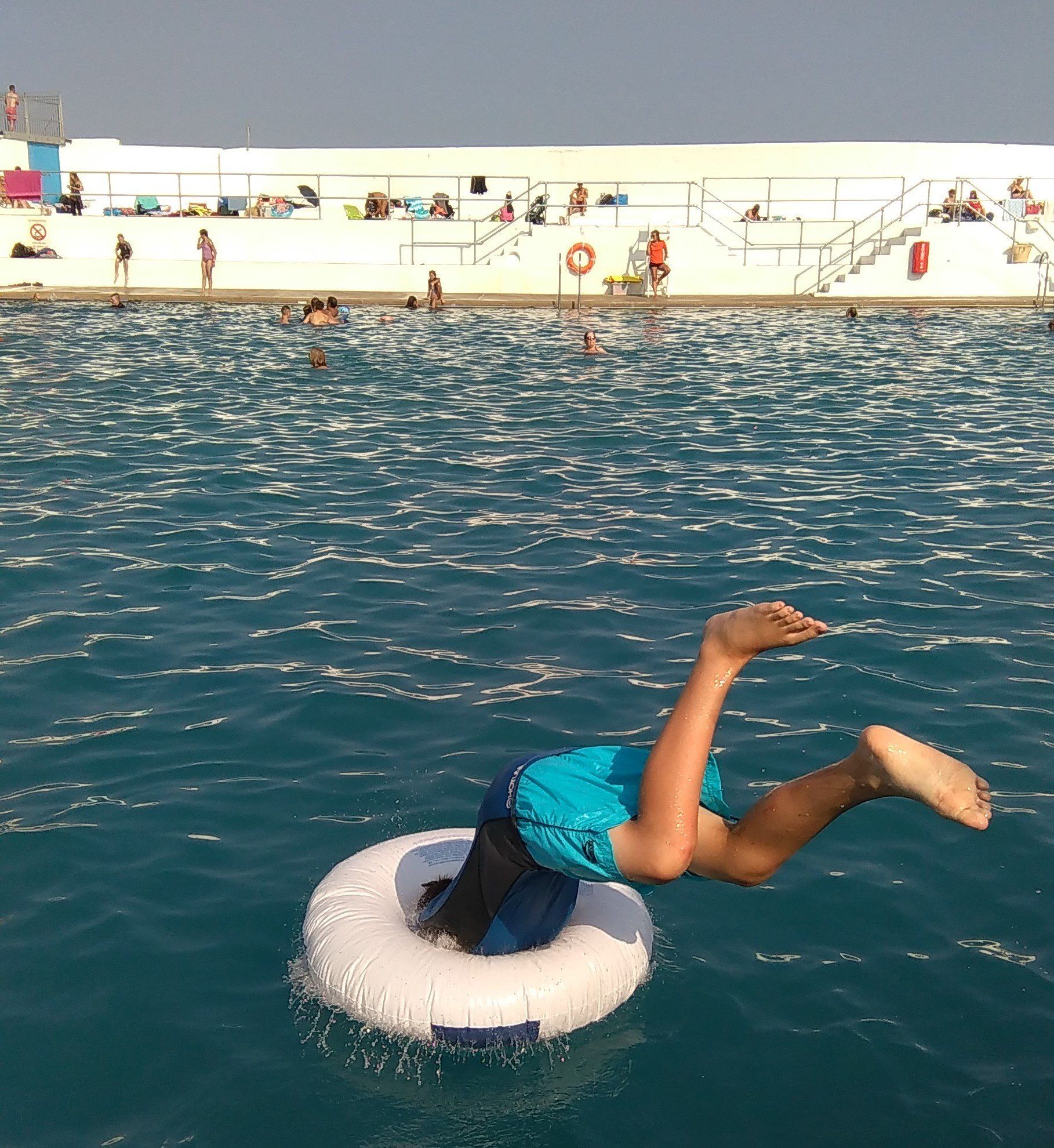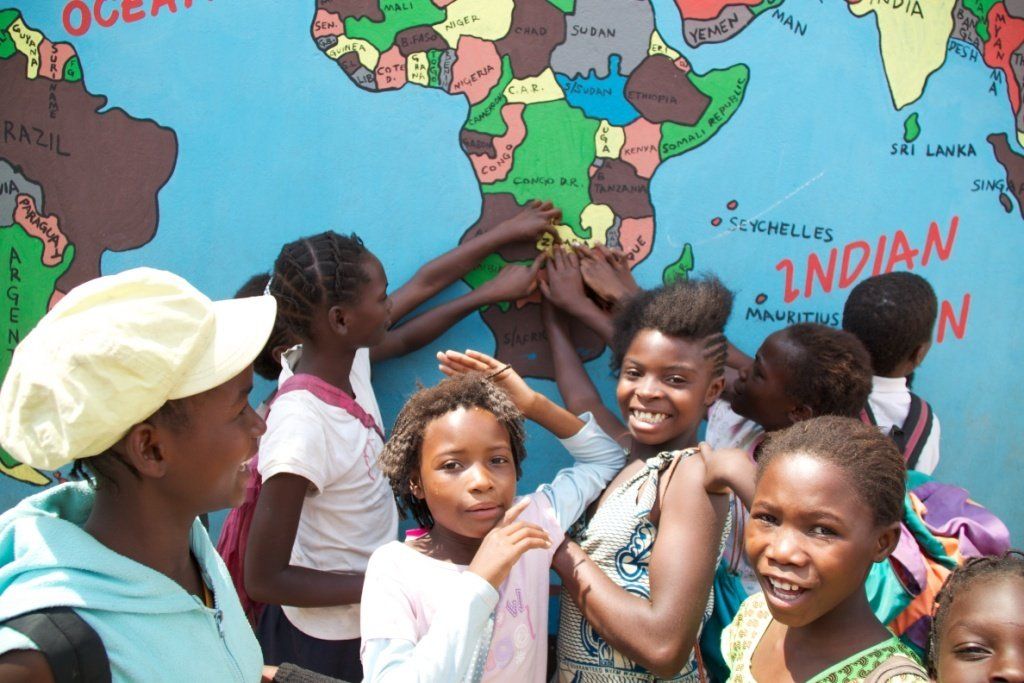International projects - supporting global communities in education and infrastructure
International projects - supporting global communities in education and infrastructure
- New classrooms, solar pump and toilet facilities at pioneering Kunyanja secondary school in Malawi with Masambiro
- Rain water harvesting tank and hygiene project at Kavuvwani Primary School in Kenya with Just A Drop
- Specialist equipment to help diagnose and treat ear disease among children living with HIV in Cambodia with All Ears
- Education and support projects in Iraq, Uganda and Jordan with War Child
- New vehicles supporting vulnerable communities in Kosovo and South Africa with One to One Children's Fund
- Education and community support groups for solo refugee children in the UK with the Separated Child Foundation
- Water pump installation and community sanitation projects in Malawi with Pump Aid
- Secondary education and nutrition support for orphan girls in Kitwe, Zambia with Cecily's Fund
- Re-conditioned UK bicycles and maintenance support training for children in Ghana and Sierra Leone with Re-Cycle
- New classroom and kitchen facilities at a school in Lentani in rural Kenya with Wamba Community Trust
Masambiro Malawi
Masambiro UK was established in 2004 to fundraise and provide support to Kunyanja Secondary School in Nkhata Bay, northern Malawi. In the last 15 years Masambiro UK has helped create an outstanding school in an area largely deprived of secondary education. Now over 500 children attend the school, plus 150 night school students. A bursary system helps 75 children annually with their fees (there are no free state secondary schools in Malawi). The school is now renowned for its excellent exam results and has an increasing number of students going on to university – 15 students in 2019, including the first to medical school. In a country with one of the lowest per capita university attendance in the world this is a huge achievement.
The George Oliver Foundation has contributed funding for two infrastructure projects, constructing new toilet and sink facilities and part funding for a new double classroom block. The school has become so well regarded that there were more than 100 children in some classes. The additional space for existing students should reduce class sizes to no more than 80, while capacity for up to 60 new students will provide income to recruit new teachers. The completed classrooms will lead to better performance and pass rates for Kunyanja students, especially those of middle and lower ability, and with a focus on female students.
War Child
War Child have been working to protect, educate and stand up for the rights of children in countries affected by war since 1993. They are currently working in nine countries supporting over 120,000 children each year. The George Oliver Foundation has funded work with War Child many times including support for disabled children in Uganda and a three year funding commitment to support child refugees in Northern Jordan.
In 2011 and 2012 we funded part of a new project for girls with no access to formal education in southern Iraq, covering essential literacy and life skills lessons. Part of War Child’s work in this same area has also been to set up two Child Protection Committees. These organisations are used to help local adults to identify risks faced by children and to support them in identifying solutions. These risks include early and forced marriage, isolation and lack of access to education.
Girls in southern Iraq have limited opportunities to access education, with many parents unwilling to allow them to attend school for a number of reasons. These include safety concerns due to the volatility of the local security situation, the long distances needed to travel to reach a school and the need for girls to help at home. A recent study found that fewer than 50% of women aged 15-24 in rural areas were literate compared with 72-80% literacy in more urban areas.
It has been found that households with illiterate mothers have a higher incidence of disease than those households where a mother can read. A recent study reported that “children of mothers with no education were almost three times as likely to be in the child labour force”. Being illiterate severely limits employment opportunities and the potential for participation in many spheres of public life, leaving many girls very isolated and with limited prospects for the future. War Child work hard to find ways to support and educate in this area.
Re-Cycle
Founded in 1997, Re-Cycle sources, collects, checks and sends quality used bikes from the UK to independently-run projects in Africa. In 2018, Re-Cycle sent out 8,000 bikes to their partners in Ghana, Sierra Leone, Kenya, The Gambia, South Africa and Zambia. Each bike is sent with spare parts and a toolkit, and local partners employ bike mechanics to refurbish the bikes and act as a sustainable repair facility. The thousands of bikes sent each year provide affordable transport that greatly improves lives, as well as preventing landfill and bike disuse in the UK. To prevent bikes falling into disrepair, Re-Cycle ensures there is local bike knowledge and competent repairers, both of which create sustainability and provide volunteering opportunities in the local community.
The George Oliver Foundation funding provided bikes for 50 students living far from school in Ghana, as well as giving them training and support as part of the “Cycle to School” project. A pilot project run in 2017-18 showed that students with bikes were much less likely to be late or absent from school. Many children walk more than 5 miles to get to school, a bike in that scenario dramatically changes the impact of the distance in terms of energy and time. The funding also contributed to costs of a five-day repair and maintenance course for up to 18 local bike mechanics.
Cecily's Fund Zambia
Cecily’s Fund makes education possible for orphaned and vulnerable Zambian children. They work with trusted Zambian partner organisations and BISO School to ensure that these children have access to education and gain knowledge, life skills and HIV information. Cecily’s Fund makes a commitment to support each child that they take on right to the end of his or her school career. They also help some students to go on to train as peer health educators and teachers. The vision is of a Zambia in which every child is educated and grows up to lead a self-reliant, healthy, fulfilling life and play an integral part in Zambia's development.
BISO School represents the only chance for some of the most vulnerable children to attend school within the area. Although the Zambian government offers free education for primary school children, for many this is out of reach as they cannot afford to buy school uniforms, shoes and books. Orphans are generally cared for by elderly grandparents or older siblings and are often unable to attend school because they need to care for relatives living with HIV or earn money for the household. In later years exam fees and secondary school fees become payable, meaning that less than 20% of Zambian children actually complete their secondary education.
BISO’s teachers are chosen not just for their qualifications and experience, but also for their understanding of the particular needs of orphans and vulnerable children. They make it a priority to get to know the children in their classes, understand their family situation and background and encourage them to have a positive outlook and self-belief. Some of the teachers were themselves orphaned as children and so provide positive role models for their orphaned pupils, most of whom have had a troubled and traumatic childhood and as a result can be demoralised and see no future for themselves.
Cecily’s Fund was established in 1998 in memory of Cecily Eastwood who died in a traffic accident when she was 19 years old while volunteering with orphans in Zambia. Her family set up Cecily’s Fund to continue her work, and we are proud to be associated with such an inspiring legacy.




